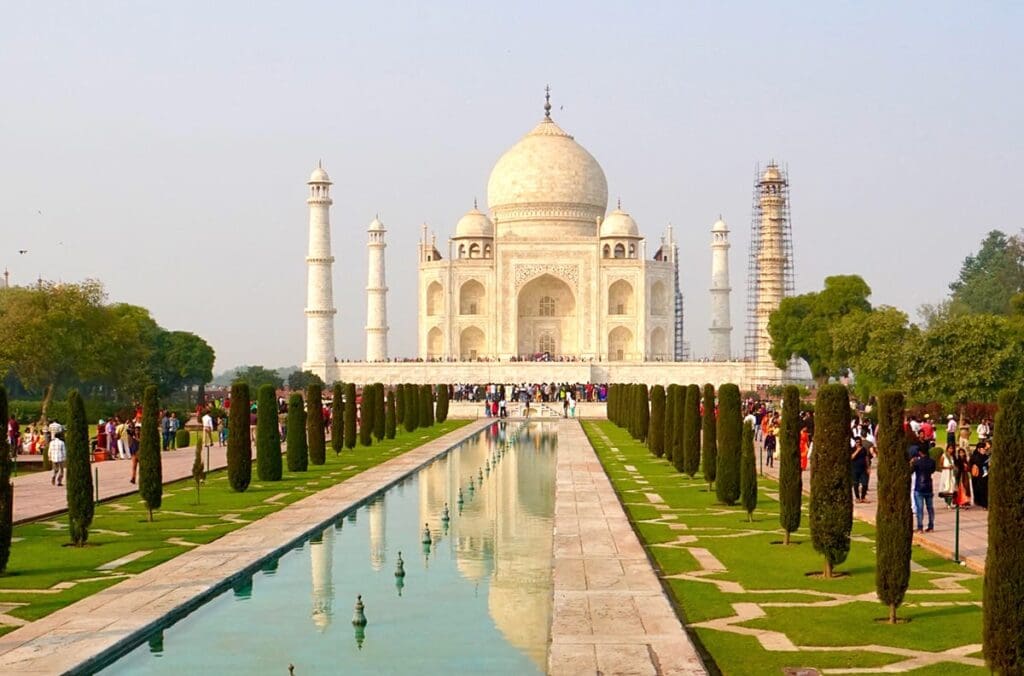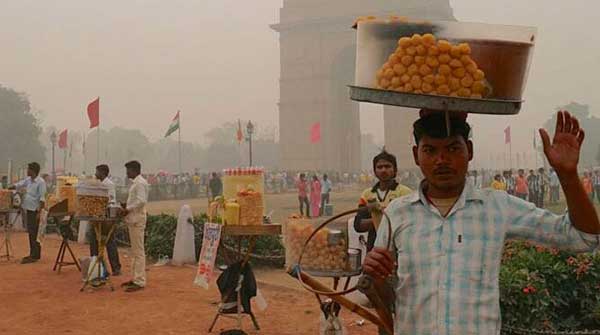 Aug. 15, 1947, represented the formal end of the British Raj. India became independent, and what had once been the crown jewel of the British Empire was gone. The rest of the empire soon followed suit.
Aug. 15, 1947, represented the formal end of the British Raj. India became independent, and what had once been the crown jewel of the British Empire was gone. The rest of the empire soon followed suit.
Indian nationalism had been growing since the early decades of the 20th century, becoming increasingly focused on complete independence. The British tried to manage it via degrees of internal self-government, but the tide was implacable. And despite emerging victorious from the Second World War, Britain was exhausted and impecunious. It had neither the will nor the wherewithal to resist.
Chancellor of the Exchequer Hugh Dalton put the practical case succinctly: “When you are in a place where you are not wanted, and where you have not got the force to squash those who don’t want you, the only thing to do is to come out.”
Clement Attlee, Britain’s new Labour prime minister, was completely on board.
Attlee had once been an imperialist, a man who believed in the British Empire’s overall benevolence. Time, however, had changed his mind. His view had become more mixed.
It wasn’t a matter of thinking that everything about the empire had been bad. But it was past its sell-by date and should be evolved into a new British Commonwealth.
Writing in 1937 from the perspective of opposition leader, Attlee had put down a marker for a future Labour government. It would “always prefer to err in being too soon rather than too late in the grant of self-government.”
 |
| Related Stories |
| The flavour, energy and urgency of India unfold spontaneously
|
| Immersed in the zesty flavours of Kerala, India
|
| The world’s most perfect building does not disappoint
|
Now Attlee had the opportunity to practise what he preached. To him, expediting Indian independence was a matter of fulfilling what he saw as the implicit promise of the imperial project. The empire’s past may have sometimes been ugly, but this was a chance to salvage honour.
Unfortunately, there was a problem.
It wasn’t simply a matter of granting independence and upping sticks. There was the question of precisely who to grant independence to. It was a complicated proposition.
Three religious groupings – Hindu, Muslim and Sikh – had aspirations and fears of their own. Of the three, Hindus and Muslims had the most clout and were represented respectively by the Congress Party and the Muslim League.
With Hindus being the majority grouping, the Congress Party was strongly in favour of a united India that their numbers would allow them to dominate. The Muslim League wasn’t so keen on that idea.
The British pitched some form of federation as a possible solution, but no acceptable version was at hand. Meanwhile, tensions ratcheted upwards, violence flared and the priority changed. Fearful of being caught up in an uncontrollable civil war, the British simply wanted out.
So a new viceroy, Lord Mountbatten, was dispatched and mid-1948 was publicly announced as the date for British departure. But within weeks of arriving in India in March 1947, Mountbatten came to two conclusions.
One conclusion was that maintaining a unified India couldn’t fly. Partition was the least bad answer, which translated into creating Pakistan to accommodate the Muslim League.
The other conclusion related to timing. Any further delay would only make matters worse and mid-1948 should thus be advanced to August 1947.
What subsequently happened was chaotic. Estimates of those killed in inter-communal violence range as high as one million, with upwards of 12 million being displaced. And India and Pakistan joined the ranks of independent countries.
The bitterness, chaos and violence notwithstanding, Attlee always believed he’d done the right thing in an extraordinarily difficult situation. Even opposition Conservatives – including future prime ministers Anthony Eden and Harold Macmillan – generally agreed with him. The Raj may not have ended in an ideal fashion, but it was the best available option. At least that’s what they thought.
Although independent India joined the Commonwealth, its relations with Britain were distinctly cool for a long time. That makes the Indian diaspora’s current prominence in British political life particularly noteworthy.
Priti Patel serves as home secretary, one of Britain’s most high-profile offices. Her paternal grandparents were born in India.
Rishi Sunak, one of the two final contenders to replace Boris Johnson as prime minister, formerly held the office of chancellor of the exchequer, the second most prominent in British politics. He’s the child of Indian immigrants.
And Suella Braverman, also the child of Indian immigrants, is attorney general. To add spice to the mix, she believes that – on balance – the British Empire was a force for good!
Pat Murphy casts a history buff’s eye at the goings-on in our world. Never cynical – well, perhaps a little bit.
For interview requests, click here.
The opinions expressed by our columnists and contributors are theirs alone and do not inherently or expressly reflect the views of our publication.
© Troy Media
Troy Media is an editorial content provider to media outlets and its own hosted community news outlets across Canada.


